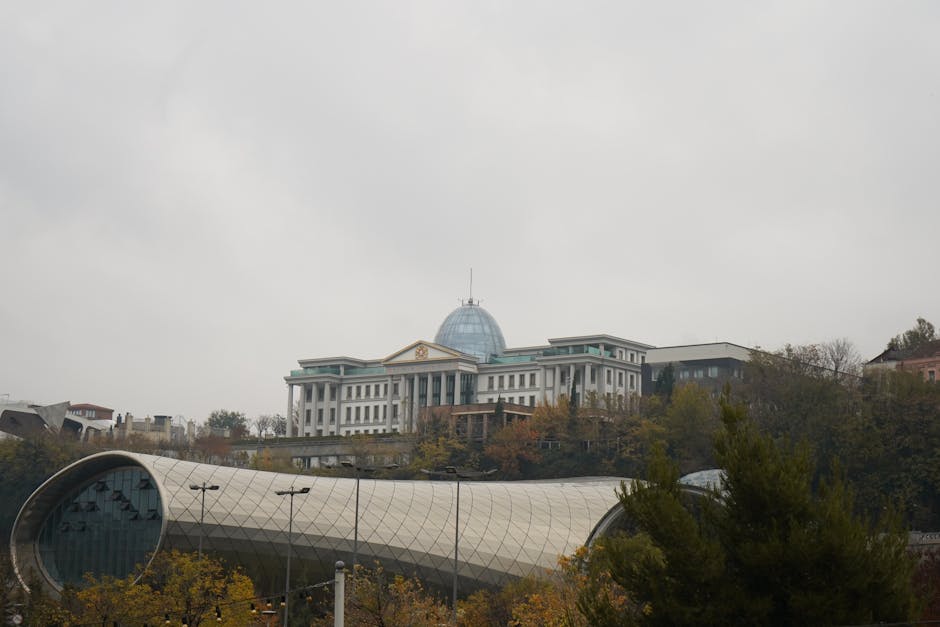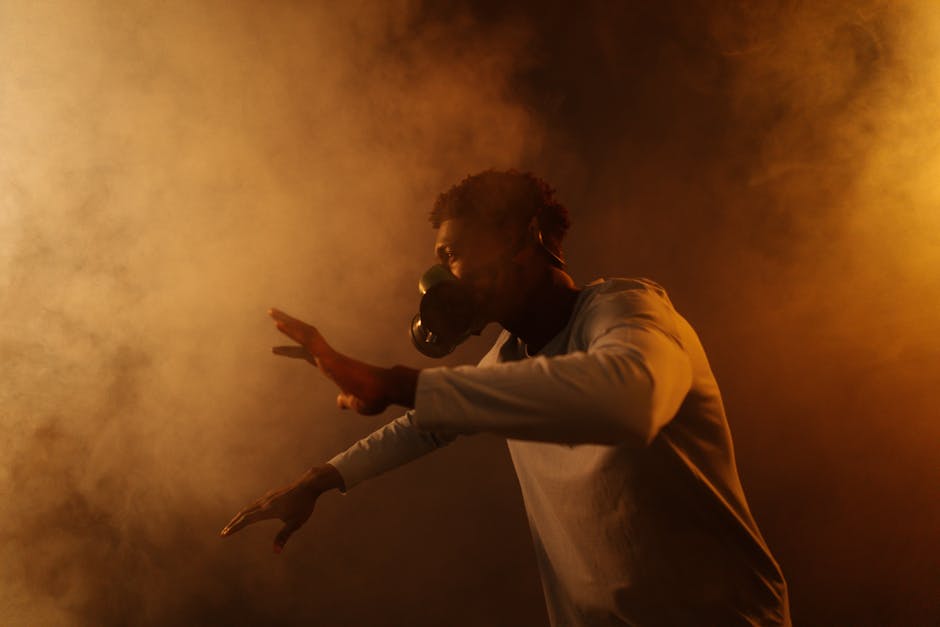Georgia PM Alleges Foreign-Funded Coup Attempt
Tbilisi, Georgia – In a move that dramatically escalates the nation’s political crisis, Georgia’s Prime Minister, Irakli Kobakhidze, says the recent storming of the presidential palace by protesters was a direct attempt to overthrow the government.
In a televised address that gripped the nation, Kobakhidze characterized the widespread civil unrest not as a democratic protest, but as a violent, foreign-funded coup attempt. “What we witnessed was not a peaceful rally,” the Prime Minister stated. “It was an organised, violent assault on state institutions, including the presidential administration, with the clear goal of unconstitutionally seizing power.”
The incendiary comments followed a chaotic night in the capital, Tbilisi, where tens of thousands demonstrated against a controversial “foreign agent” bill. Clashes erupted between protesters and riot police, with the Orbeliani Palace—the official residence of President Salome Zourabichvili—becoming the focal point. Demonstrators waving Georgian and EU flags breached police lines before being forced back by tear gas and water cannons.
Controversial ‘Foreign Agent’ Law Sparks Outrage
At the heart of the national turmoil is a single piece of legislation. Dubbed the “Russian law” by opponents, the bill mandates that media and non-governmental organizations register as “pursuing the interests of a foreign power” if they receive over 20% of their funding from international sources.
The ruling Georgian Dream party, led by Kobakhidze, argues the law is essential for financial transparency and to limit harmful foreign influence. However, a large part of the Georgian population views it as a replica of legislation used in Russia to stifle dissent and dismantle civil society. They fear it signals a pivot away from the West, jeopardizing Georgia’s long-sought goal of joining the European Union.
A Nation Divided: Government vs. Pro-EU Opposition
This fundamental disagreement has cleaved Georgian society. The government successfully passed the bill and overrode a presidential veto to cement it into law. In opposition stands a persistent protest movement, symbolically supported by President Zourabichvili, who has become a prominent figure for those resisting the government’s agenda.
By framing the protests as an attempted overthrow, the Prime Minister’s rhetoric serves to justify the government’s heavy-handed police response and delegitimize the entire movement. Critics argue this is a classic authoritarian tactic: painting a popular uprising as a sinister foreign plot to isolate its leaders and intimidate their supporters.
International Condemnation and Sanctions
The international community is observing the events with growing alarm. Both the United States and the European Union have strongly condemned the law. Brussels has warned that the legislation is incompatible with Georgia’s EU candidate status, effectively halting the nation’s path to European integration. Washington has taken concrete steps, announcing visa restrictions for individuals found responsible for “undermining democracy” in Georgia.
As Tbilisi prepares for more demonstrations, the nation stands at a dangerous crossroads. The government’s narrative of a coup attempt is in direct conflict with the protesters’ vision of a fight for a democratic, European future. The streets of the capital remain the battleground for a conflict that will define Georgia’s direction for years to come.




